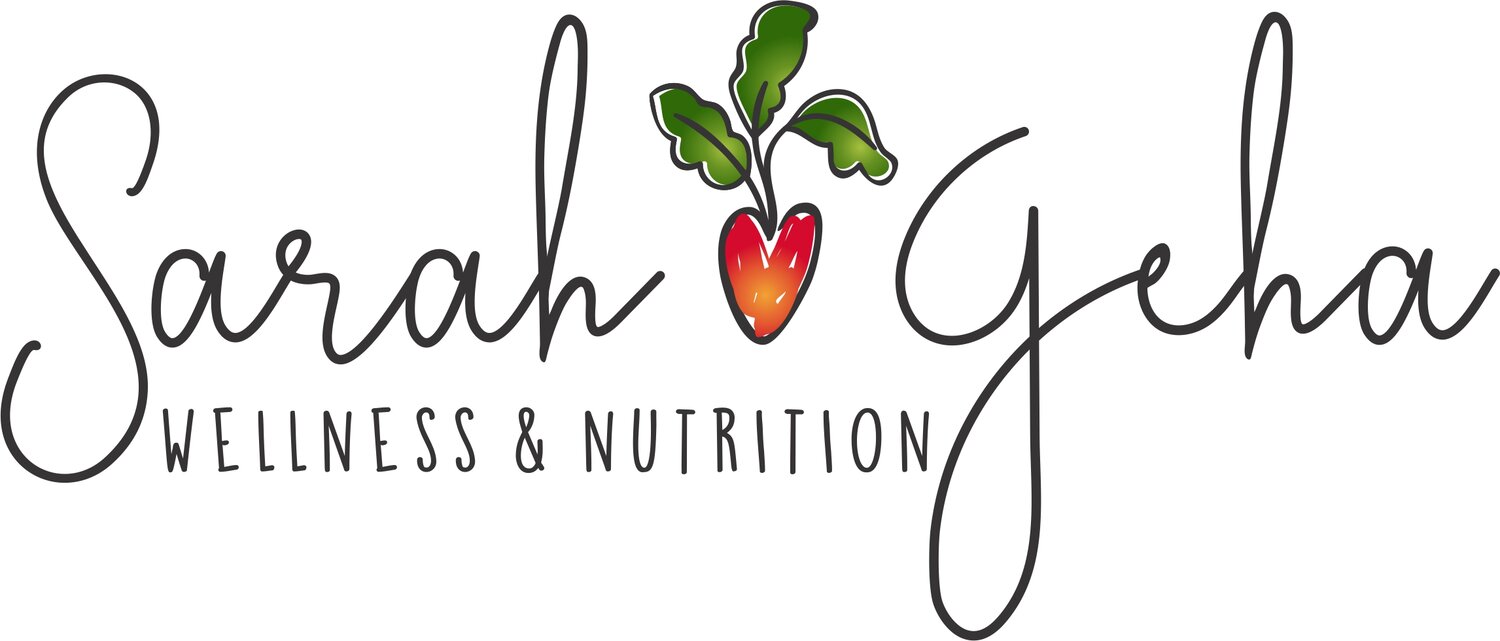Do You Really Need Electrolytes in Your Water?
/Electrolyte drinks have exploded in popularity, but do you need them, and if you do, what kind should you use?
What Are Electrolytes?
Electrolytes are minerals - like sodium, chloride, potassium, magnesium, and calcium - that help regulate your hydration, transmit nerve signals, manage pH levels, and effect muscle contraction (including your heart!).
When Do You Most Need Electrolytes?
Athletes: Long runs, intense workouts, or doing sports in hot weather can increase sweat loss and electrolyte needs
Outdoor workers / gardeners: Sweating under the sun can increase sweat loss and electrolyte needs as well
Vomiting or diarrhea: Replenishing electrolytes is important to restore balance and prevent dehydration
Persistent thirst: Some people drink plenty of water but still feel thirsty. While that can be a sign of other problems (such as diabetes) it might also be worth trying out some electrolytes to see if they help balance fluid absorption and quench your thirst more effectively
Options for Adding Electrolytes
1. Natural Salts (Pink Himalayan, Celtic Sea Salt, Redmond’s Real Salt)
Pros: Easiest, cheapest way to add sodium to water. These salts also provide some trace minerals like magnesium, calcium, and potassium. The amounts are small, but they add a little variety beyond just sodium
Cons: Mostly made up of sodium; trace minerals are minimal compared to purchased electrolyte products
Tip: A pinch (⅛–¼ tsp) in a glass of water can boost hydration. Can combine with some sliced lemon, lime, watermelon, strawberries, or oranges for a quick DIY electrolyte drink
2. Popular Brands of Packaged Electrolytes
Ultima Replenisher → Zero sugar, broader mix of electrolytes. Many sweet flavors to choose from (lemonade is my favorite!). However, this one is low in sodium, so it’s not ideal if you’re heavily sweating (or you could also add a small pinch of salt). Uses stevia and natural flavors (which can mean anything…)
LyteShow → Concentrated drops, no sugar, high in both sodium and magnesium. No flavorings, but it has a strong mineral taste to it
LMNT → Very high sodium (1,000 mg per packet), plus magnesium and potassium. Great for heavy sweaters, or those with POTS. Many sweet flavors, but also has a pretty salty taste. Uses stevia and natural flavors (which can mean anything…)
Nuun → Fizzy, slightly sweet tablets or powders. These have moderate sodium and many flavors and different formulas to choose from. Some formulations use dextrose (a simple sugar), sorbitol (a sugar alcohol that may cause GI distress in some), or palm oil (not my favorite)
Liquid I.V. → High in sodium (500mg) and sugar (11g). Sweet, slightly salty flavor. May work for heavy sweaters, or those with POTS, but not my favorite option because of the high sugar content
Gatorade / Powerade → Not one I recommend unfortunately. Lots of colorings, chemicals, and sugars or artificial sugars, with only modest electrolytes. Often more about taste than robust electrolyte replacement
3. Homemade Electrolyte Formulas
A quick Google search will return a host of homemade recipes you might enjoy! You can add powder forms of minerals, such as Natural Calm powdered magnesium, for a potent mineral boost (depending on your personal needs). Many people use cream of tartar for extra potassium as well (approximately 125mg in 1/4 tsp)
Taste Matters Too!
One underrated benefit of electrolyte formulas? Some of these powders and tablets make water taste good, which encourages people to drink more. If you struggle to drink enough water, flavored electrolyte formulas might help increase your enjoyment of water.
Don’t Overdo It
Electrolyte formulas can be helpful for some, but too much of a good thing can be problematic:
Excess sodium may lead to bloating or high blood pressure in individuals who are salt-sensitive
Too much potassium or magnesium could cause digestive upset or, in rare cases, irregular heart rhythms
Kidney disease - Those with impaired kidney function should not use electrolyte supplements without medical supervision, since kidneys may not properly clear excess potassium, sodium, or magnesium
For most healthy people, a single serving during or after heavy sweating is enough. However, some people may find that using electrolytes helps them to feel more hydrated, or the improved taste helps them to drink more. Want to discuss what’s right for you? Book a free discovery session here. I offer one-on-one nutrition counseling services, “Ask Me Anything” 1 hour talks, group public speaking, grocery shopping tours, sleep quality consultations, toxin remediation consultations, and much more!

